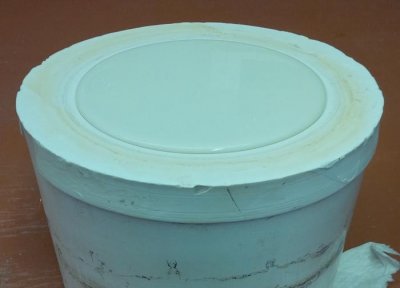Darvan 811 is a deflocculant that is similar to darvan 7 but is more.
Deflocculant ceramics definition.
The treatment of clay by means of a wet grinding and deflocculation process is a widely used technique by the floor and wall tiles ceramic industry.
Thixotropic suspensions flow when you want them to and then gel after sitting for a few moments.
Following the development of single firing processes the need for atomised clay has led to the use of these processes.
In ceramics there are a number of different deflocculants available.
The most efficient compounds having deflocculant action for uses in ceramics are sodium silicate polyphosphates pyro tripoly tetrapoly etc and organic sodium and ammonium polyelectrolytes.
Deflocculant definition is an agent that causes deflocculation.
There are different varieties of darvan.
Flocculation in the field of chemistry is a process in which colloids come out of suspension in the form of floc or flake either spontaneously or due to the addition of a clarifying agent the action differs from precipitation in that prior to flocculation colloids are merely suspended in a liquid and not actually dissolved in a solution in the flocculated system there is no formation of.
In ceramic industry glazes are often sprayed especially in sanitary ware.
A chemical as sodium carbonate added to a clay slip to minimize settling out.
Deflocculant definition a chemical added to slip to increase fluidity.
Thixotropy thixotropy is a property of ceramic slurries.
Water in ceramics water is the most important ceramic material it is present every body glaze or engobe and either the enabler or a participant in almost every ceramic process and phenomena.
Slipware is pottery decorated by slip placed onto a wet or leather hard clay body surface by dipping painting or splashing.
The technique is important.
No single product acts according to all of the mechanisms described above therefore a mixture of various compounds is usually used whose combined.
Darvan is a liquid deflocculant that is often preferred for use with plaster molds because unlike some other deflocculants darvan does not degrade the plaster.

